 What better place to foster a love of reading and engage children in a variety of literacy activities than in out-of-school time (OST) programs? Research shows that OST programs can support the development of and excitement about literacy in a setting where children feel comfortable.
What better place to foster a love of reading and engage children in a variety of literacy activities than in out-of-school time (OST) programs? Research shows that OST programs can support the development of and excitement about literacy in a setting where children feel comfortable.Between August 2019 and December 2023, the National Institute on Out-of-School Time (NIOST) partnered with OST programs in the Philadelphia Out-of-School Time Literacy and Quality Improvement Initiative (OSTLit), funded by the William Penn Foundation, to create and sustain literacy-rich environments (LRE). Our aim was to help programs embed literacy into everyday practices so children in kindergarten through third grade could engage with literacy activities in a new way.
NIOST approached this work from a program improvement perspective, meeting programs where they were in understanding the elements of LREs and then providing the necessary training, coaching, and instructional resources to support programs on an improvement pathway. Ongoing support and activities were designed to be predictable, easy-to-access, and meant to put light-touch literacy practices into action right away. OST program staff participated in a monthly learning cycle that included a brief training video on a light-touch literacy practice, implementing the practice in their program, check-in meetings with a quality and/or literacy coach, and community of practice (CoP) meetings with peers.
Beyond the OSTLit Initiative, providing LREs for children to practice and build literacy skills outside of school has long been a priority for the City of Philadelphia and the William Penn Foundation. Through their broader LRE Initiative, various partners set out to provide access to literacy and playful learning in informal learning spaces such as bus stops, museums, libraries, medical offices, laundromats, playgrounds, and more. The recent brief from The Learning Agenda (2024), Philadelphia as a Literacy-Rich Environment: Unlocking Potential and Creating Change, describes the approaches, environmental conditions, and funding implications for taking literacy-rich environments to scale in other communities.
The Learning Agenda convened representatives from organizations funded by the LRE Initiative to gather insights from the project in order to help others create city-wide approaches to address literacy.
The group highlighted five main conditions to create and sustain LREs, as well as recommendations for funders.
The conditions that can help scale an initiative such as the LRE included (1) be inclusive of all the potential places and people that can contribute to a literacy-rich ecosystem, (2) activate literacy-rich environments in the places and spaces where children and their caregivers naturally are or want to be, (3) co-create literacy-rich environments with family and community members, (4) embrace a broad range of outcomes, and (5) maximize collaboration, networking, and shared learning. Funders can contribute to the scalability of these initiatives by focusing on engaging the community in planning and evaluation processes, bringing partners focused on the same issue together to collaborate, and recognizing that there is room for a multitude of strategies to support literacy.
Patricia McGuiness-Carmichael, M.S.W., is a research associate at NIOST. She has an extensive background in youth development and family engagement practice, research, and evaluation.
Learn more about how NIOST can help your OST program create and sustain a literacy-rich environment. Contact us to get started.


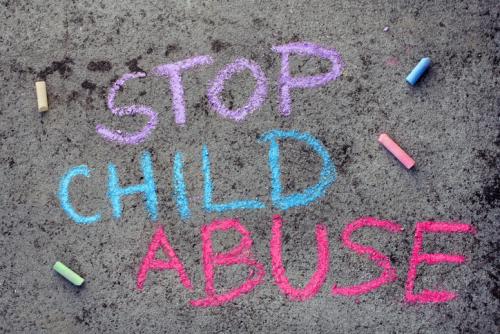 Beginning in the mid-1990s, with my colleague, Benjamin E. Saunders, Ph.D., of the Medical University of South Carolina, and a team of researchers, I conducted an
Beginning in the mid-1990s, with my colleague, Benjamin E. Saunders, Ph.D., of the Medical University of South Carolina, and a team of researchers, I conducted an 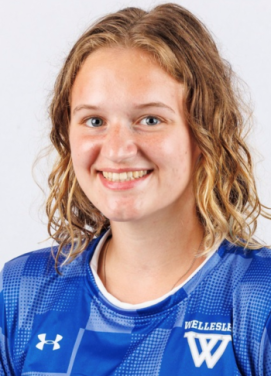 Last year, the U.S. Surgeon General
Last year, the U.S. Surgeon General 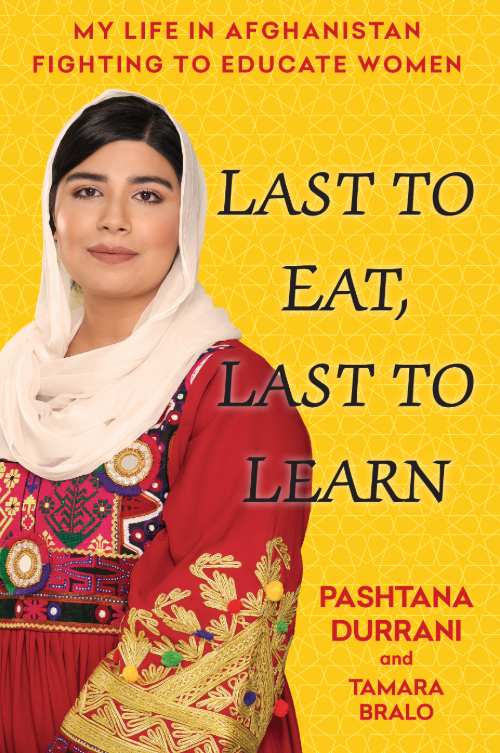 With a collection of government stamps in hand, I now needed to secure the tribal backing for the project. Government approval merely made my NGO official, but without the tribal endorsement, my effort to educate girls would be just another import with a short shelf life.
With a collection of government stamps in hand, I now needed to secure the tribal backing for the project. Government approval merely made my NGO official, but without the tribal endorsement, my effort to educate girls would be just another import with a short shelf life.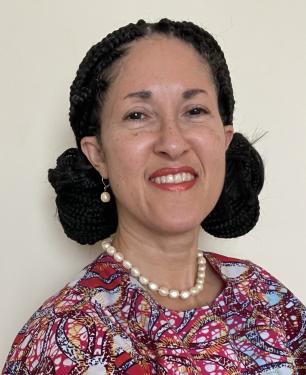 Dear Friends of WCW:
Dear Friends of WCW: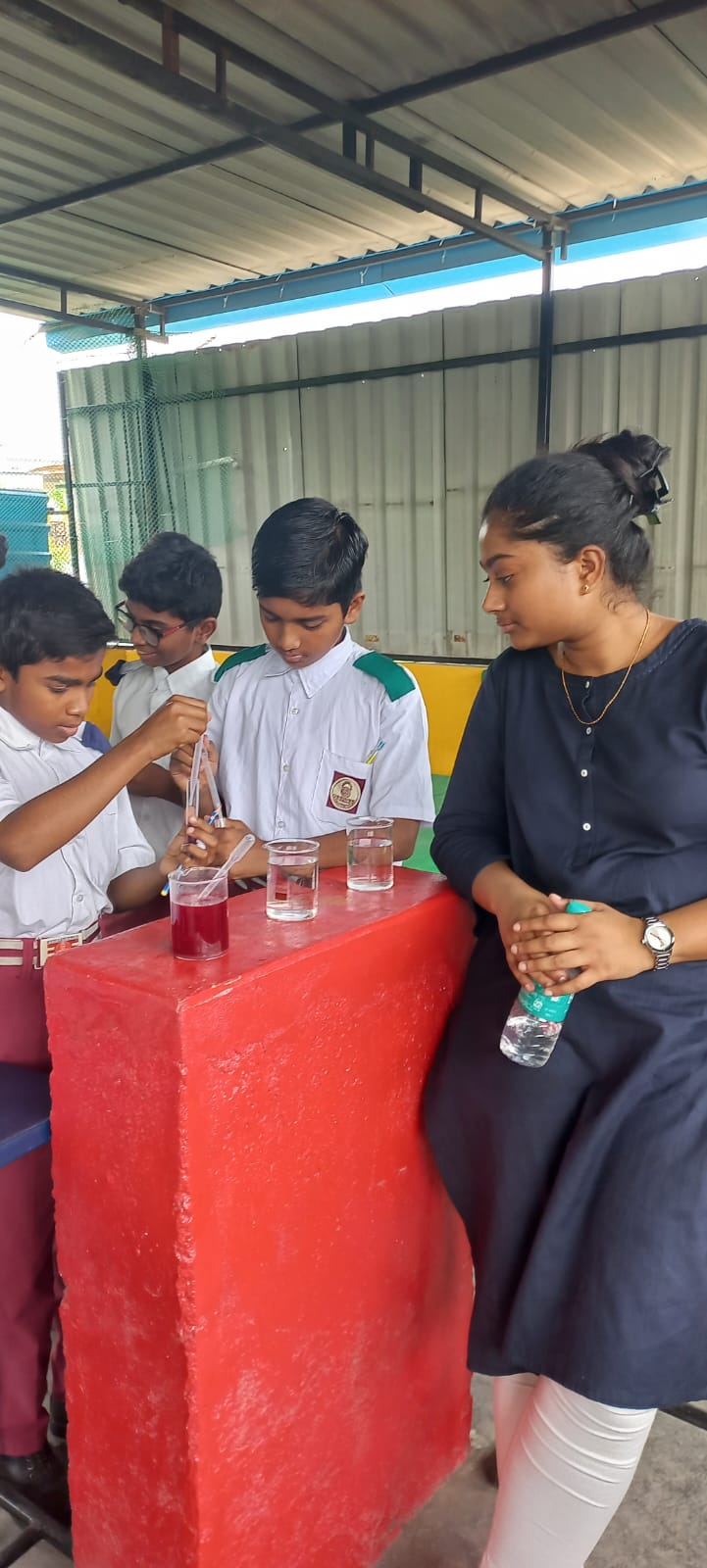
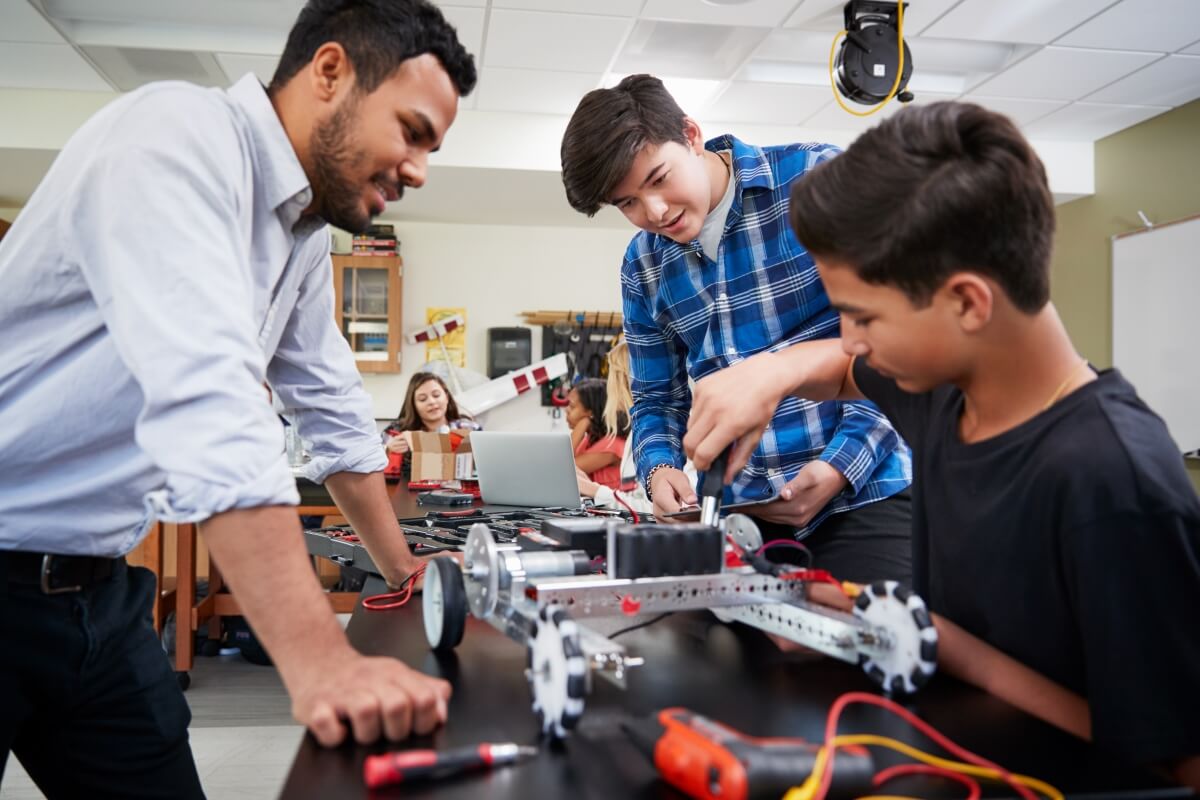
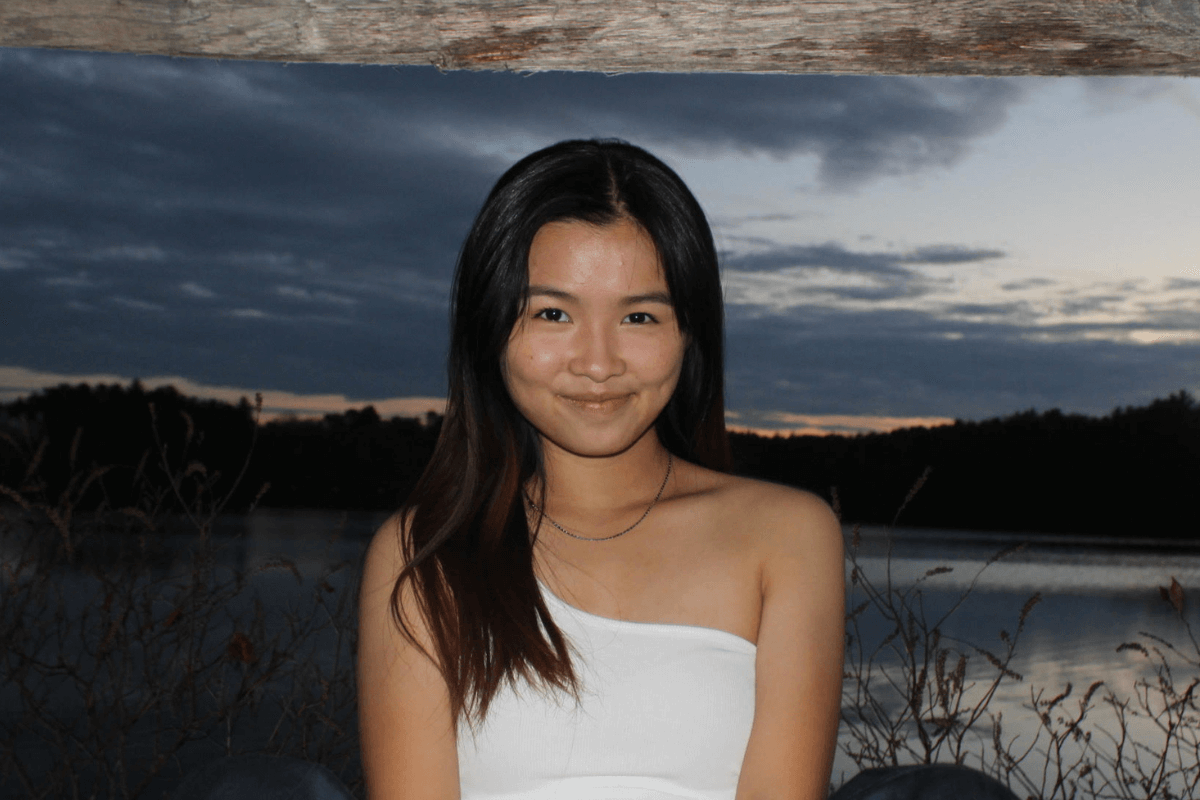
 Below is an excerpt by Betsy Nordell, Ed.D., a NIOST master observer, from the book
Below is an excerpt by Betsy Nordell, Ed.D., a NIOST master observer, from the book 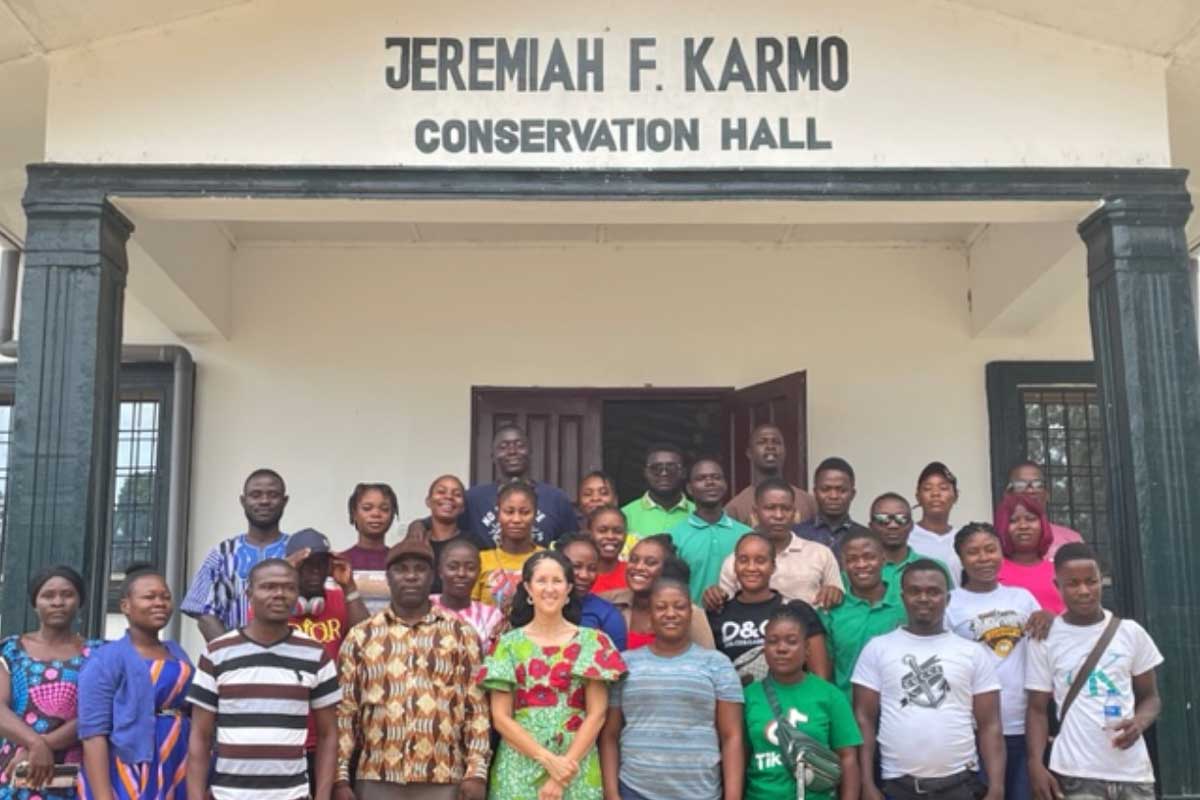


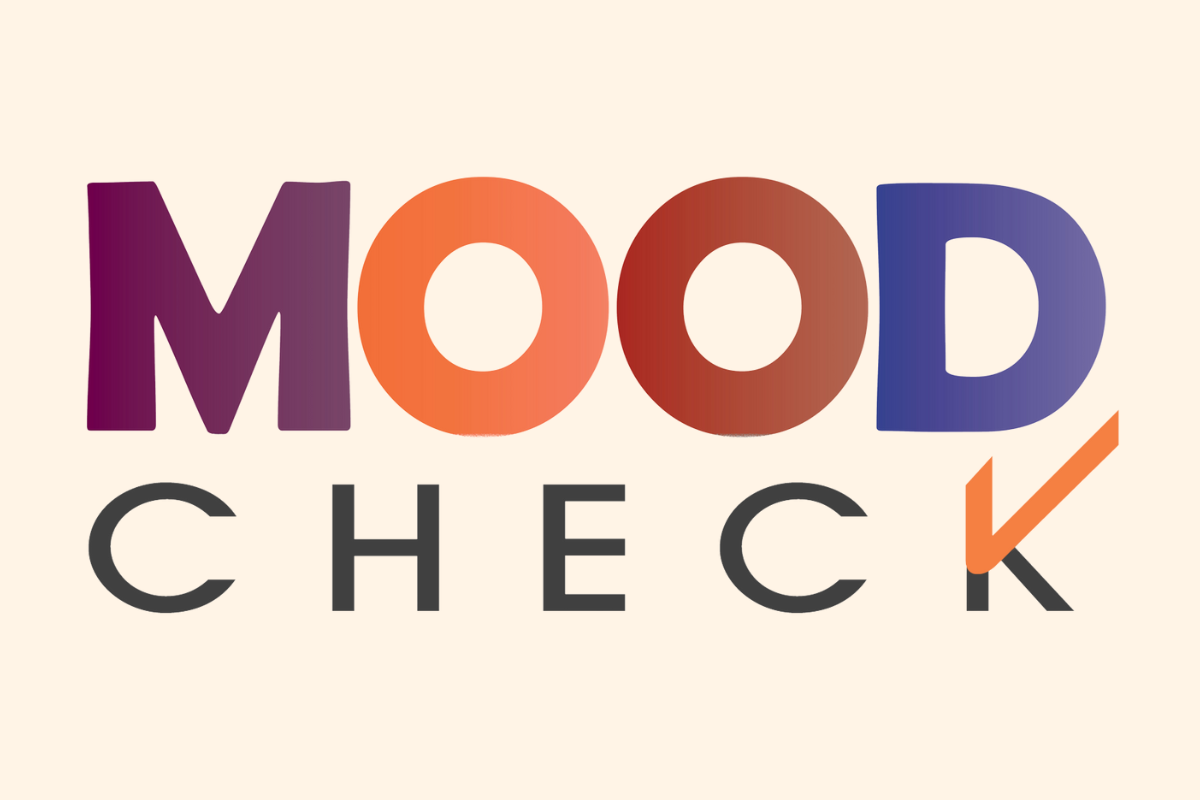
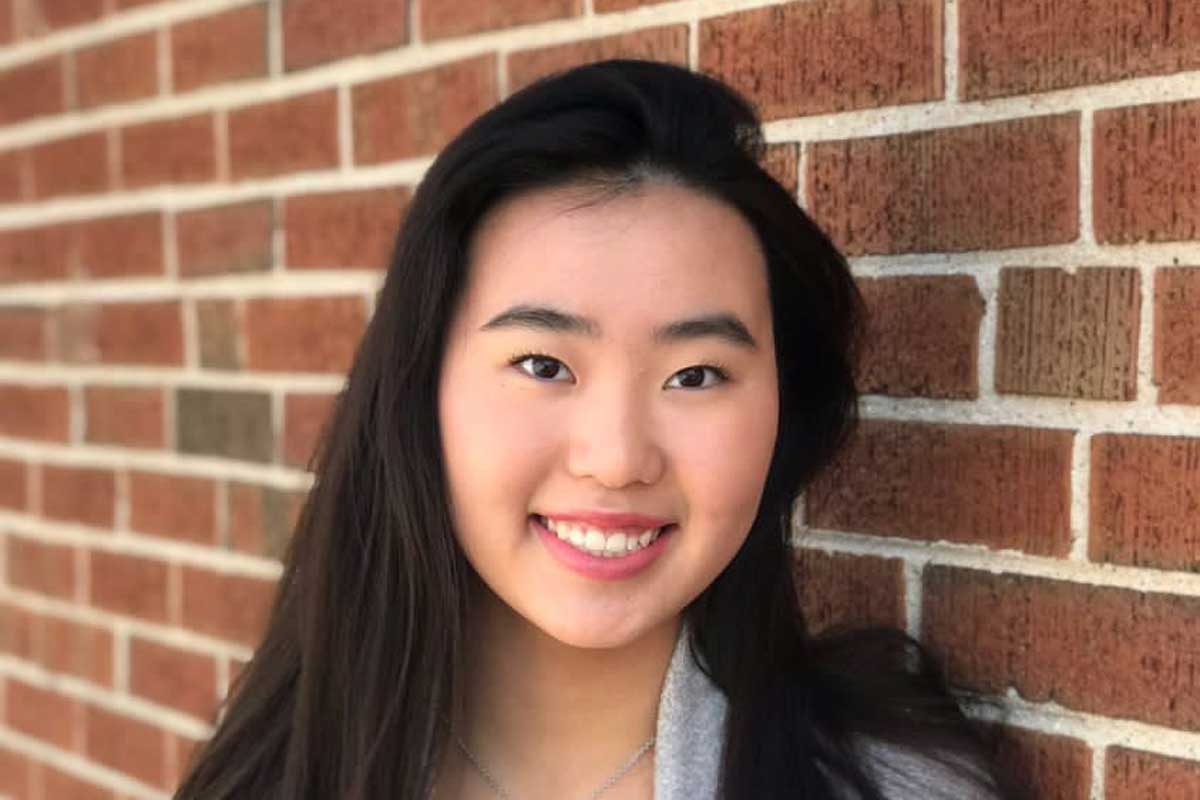

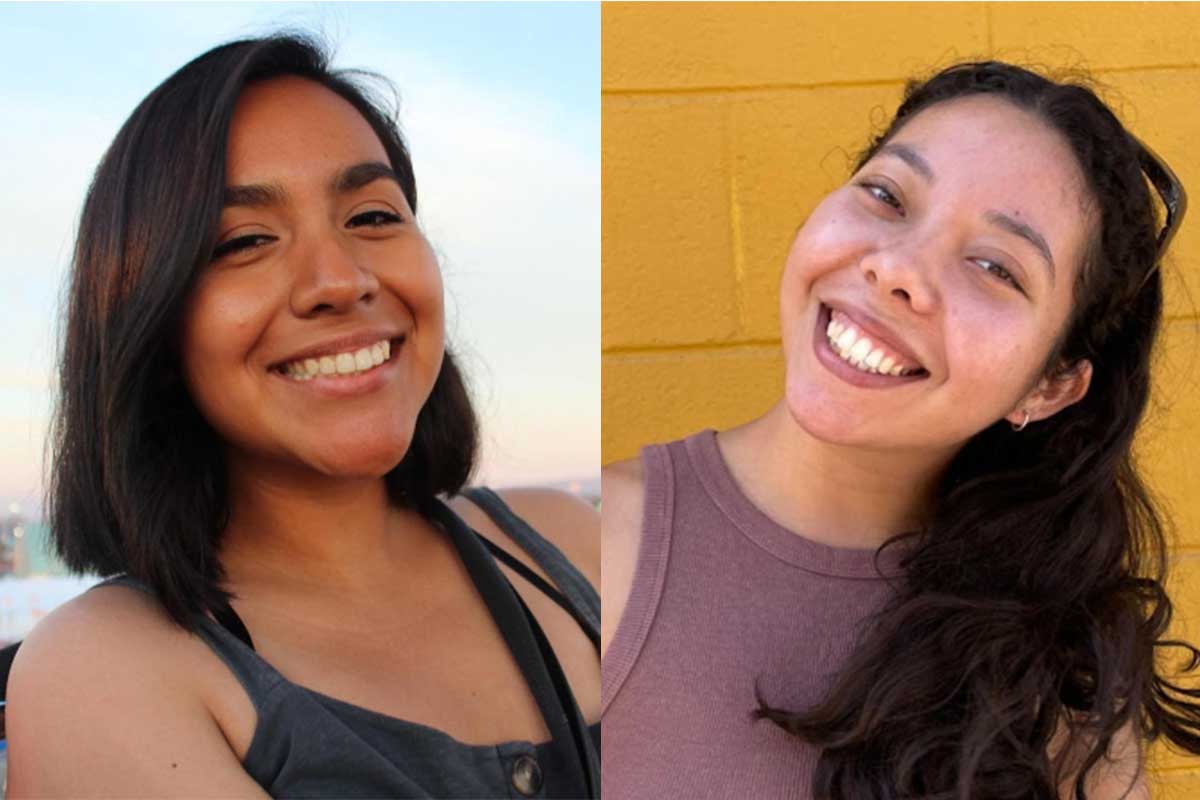
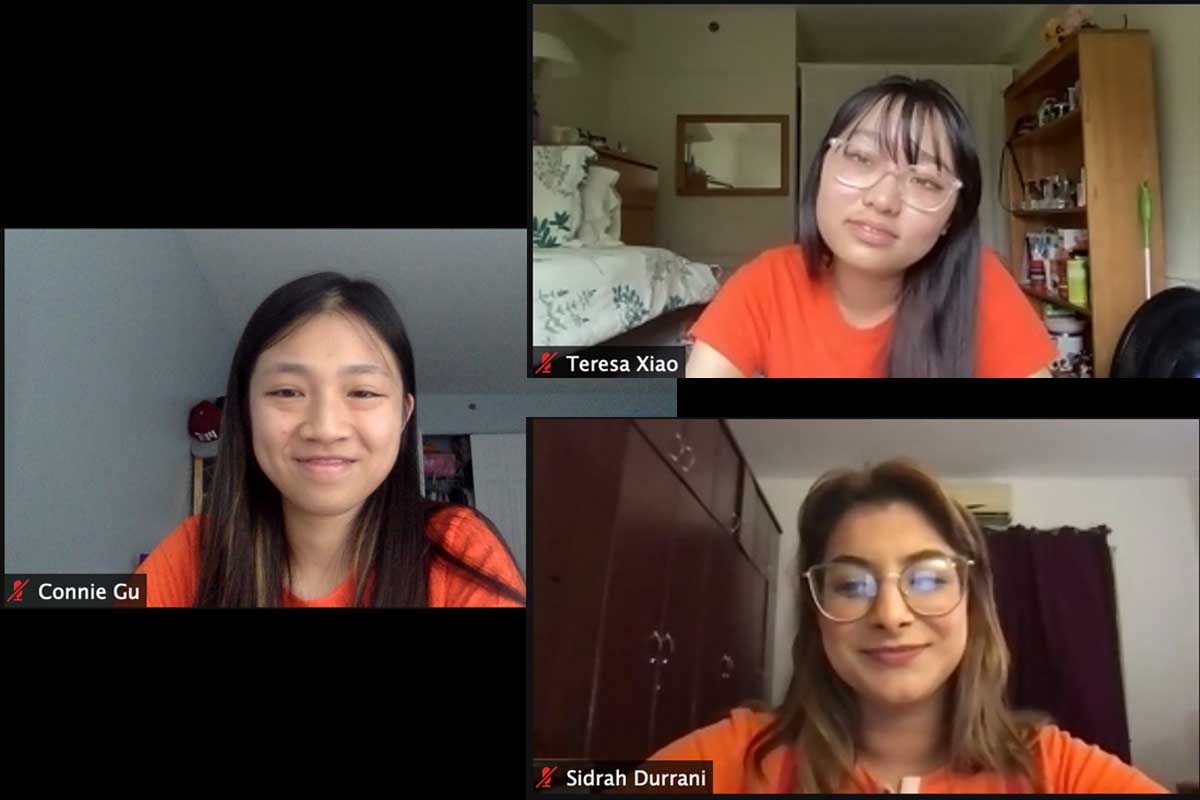

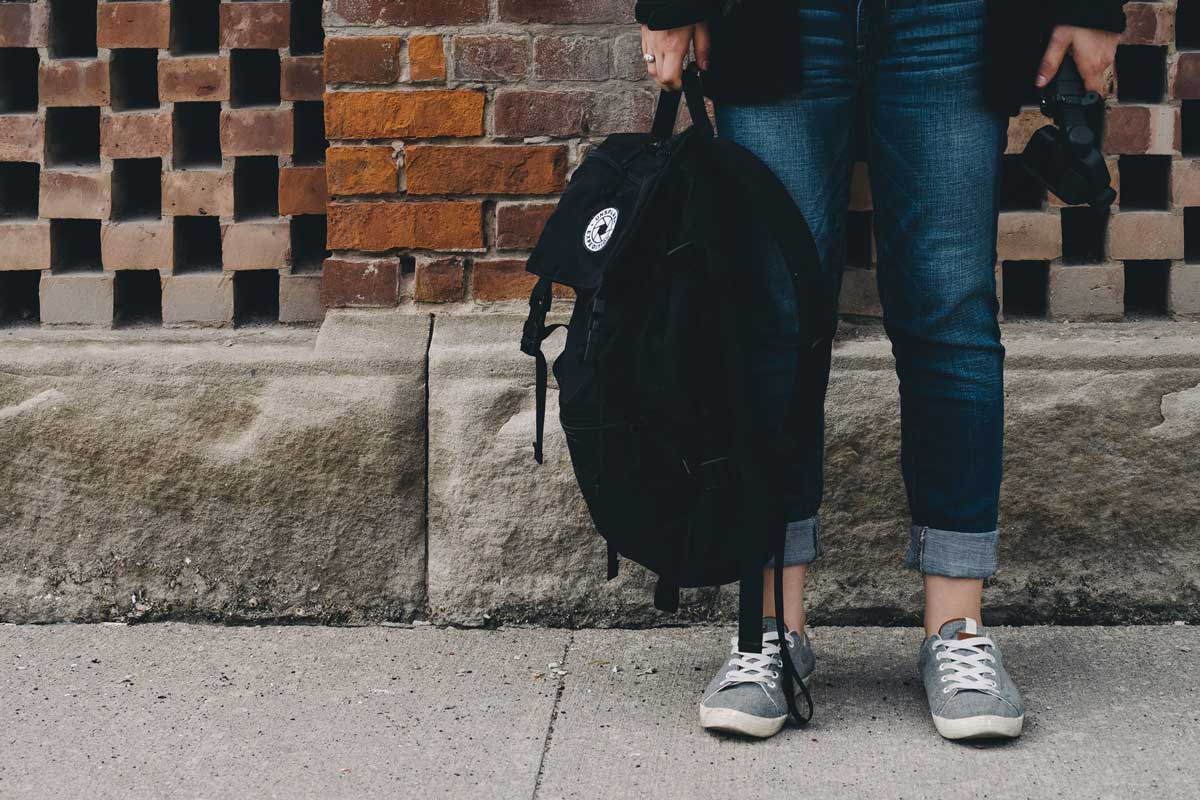

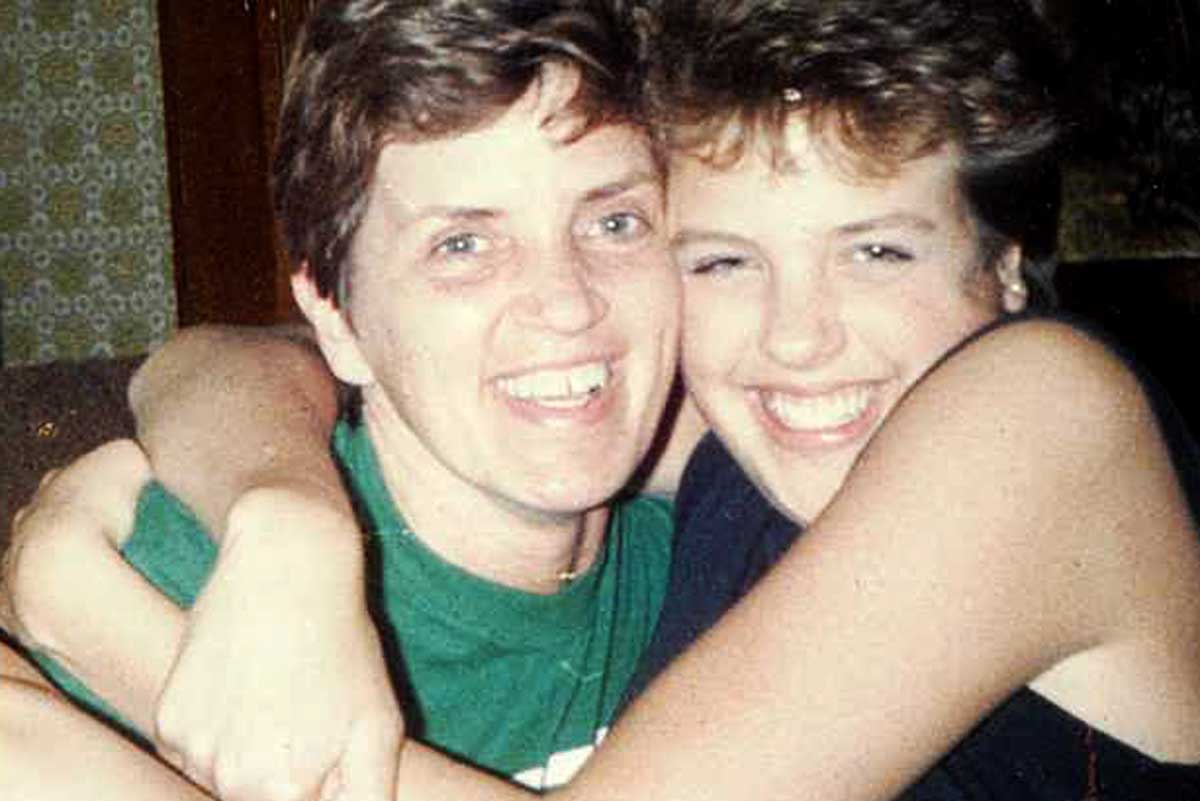
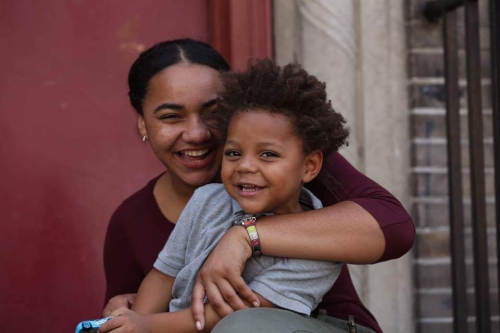 Nearly
Nearly 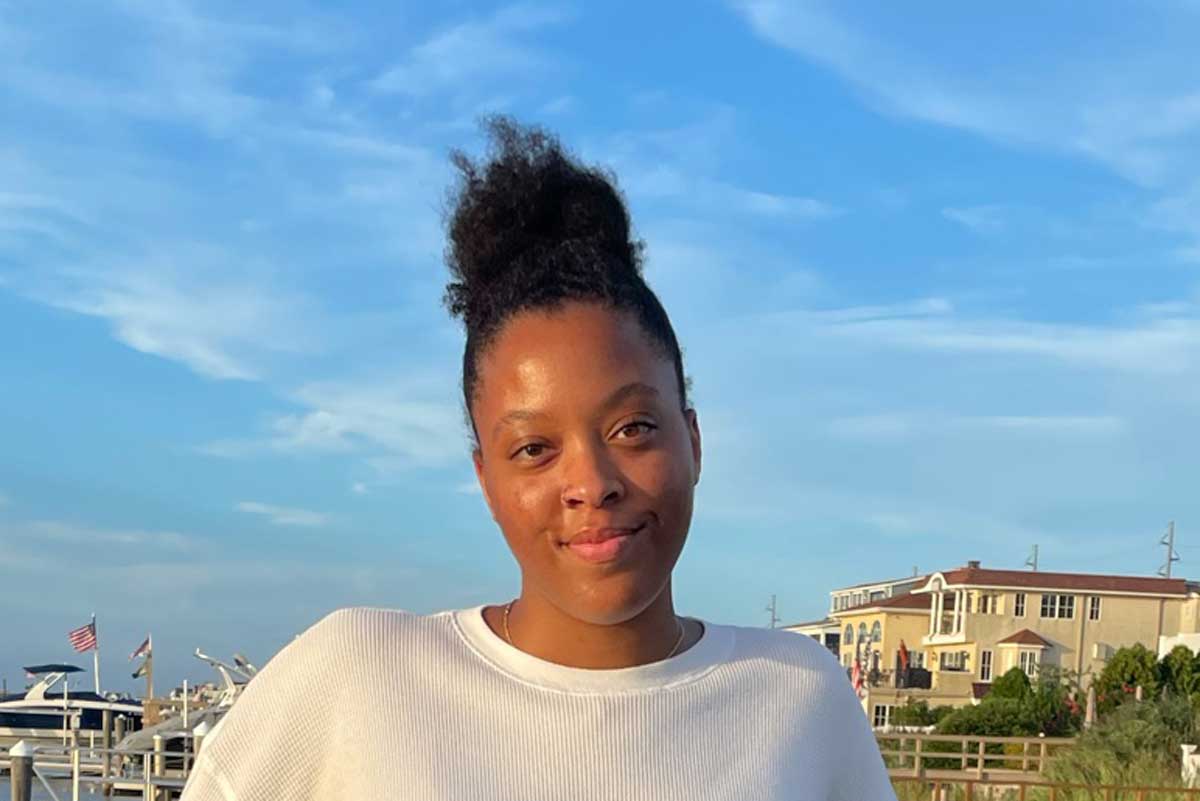

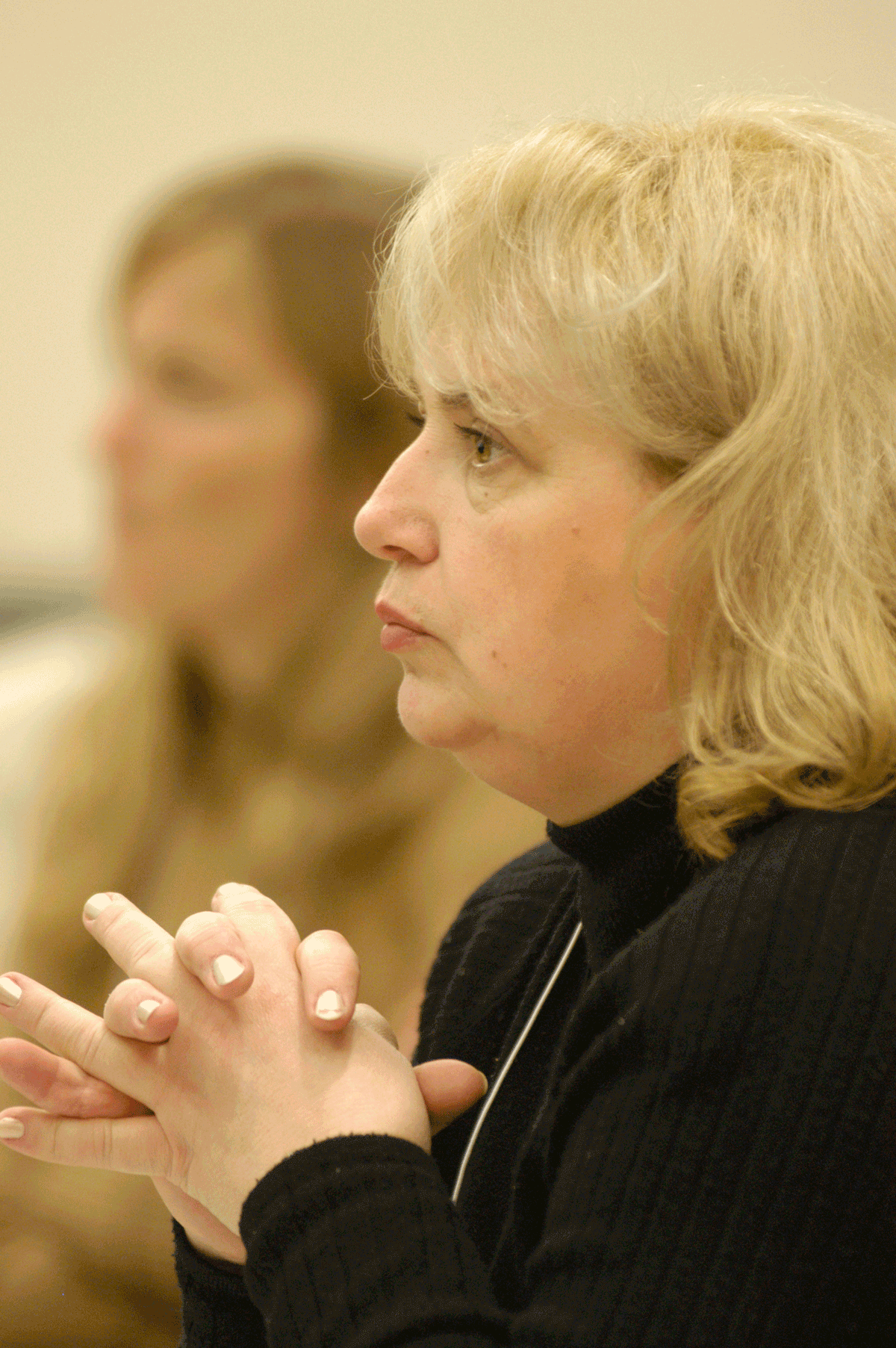

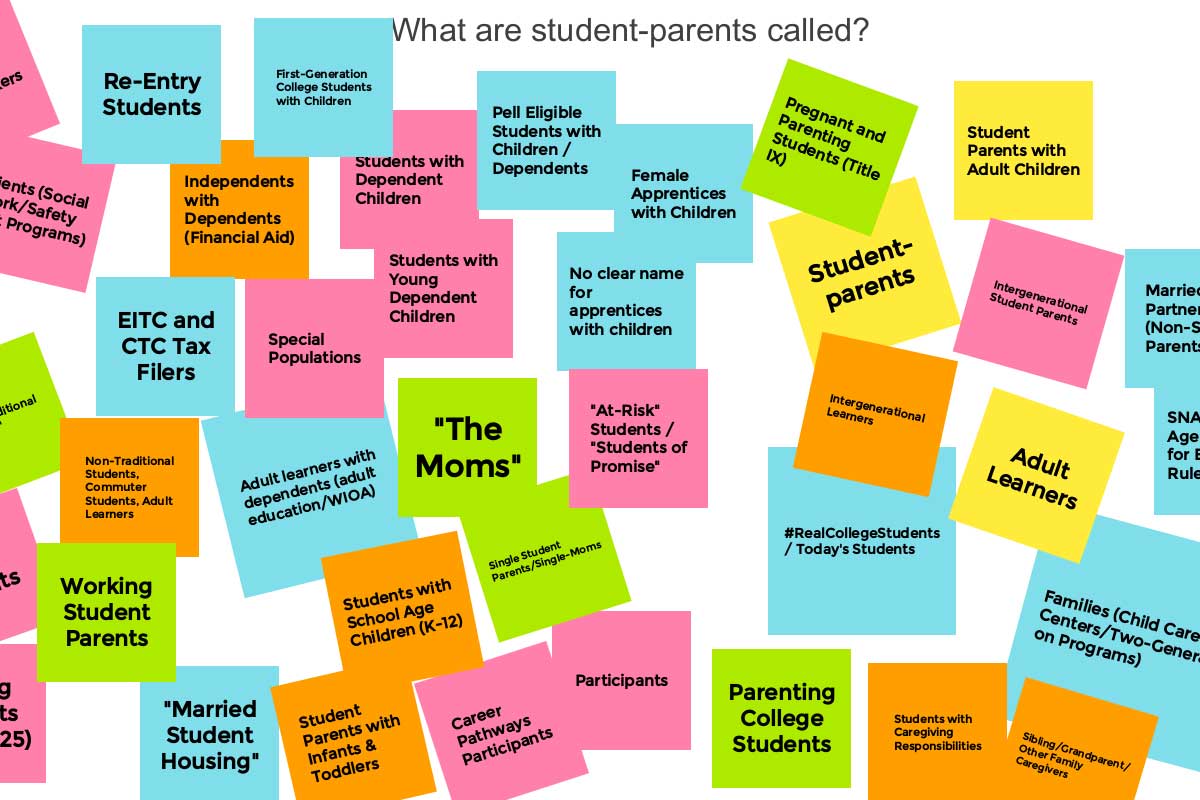
 , Ph.D., is a research scientist at the Wellesley Centers for Women studying
, Ph.D., is a research scientist at the Wellesley Centers for Women studying 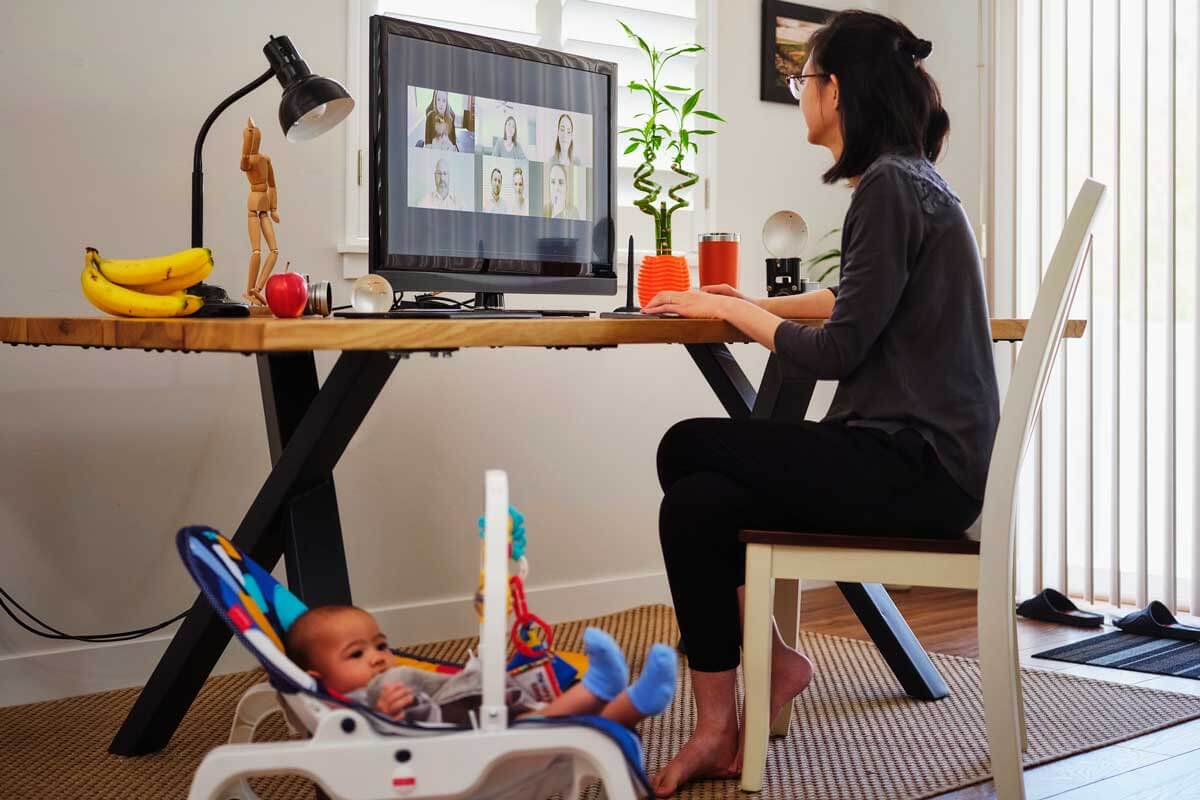

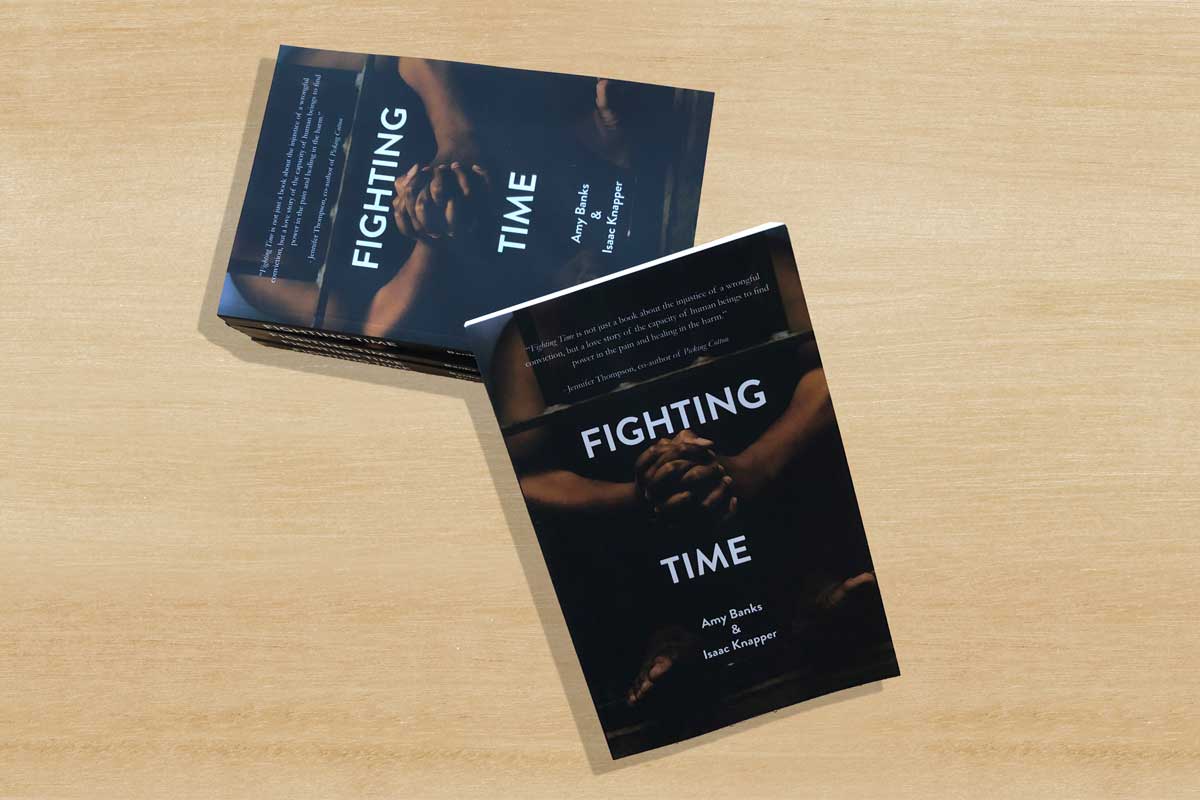

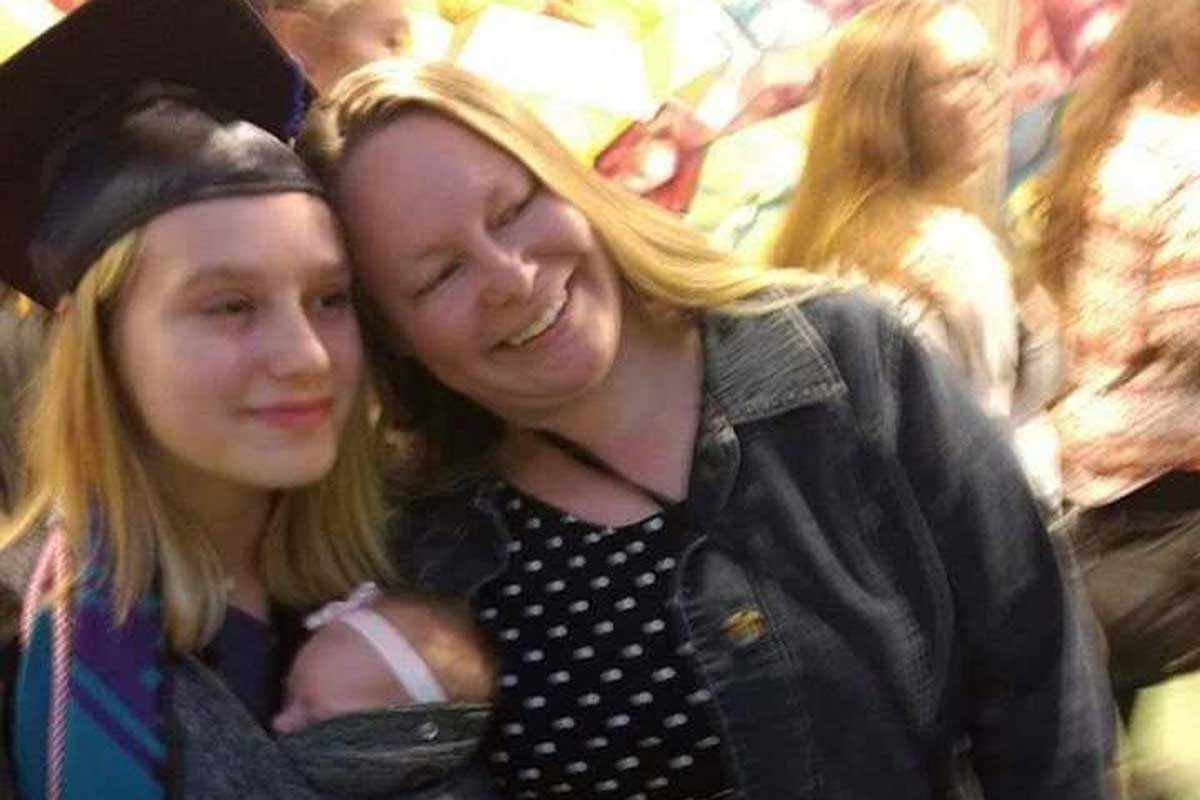
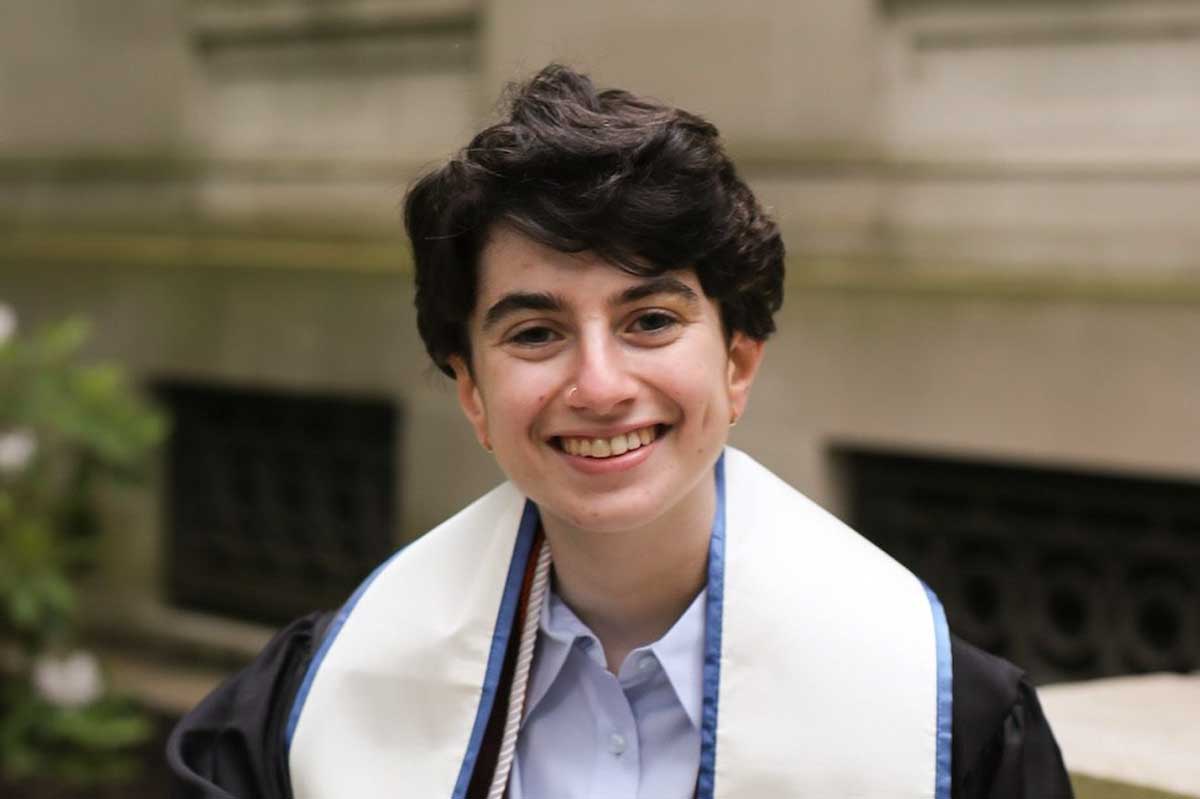
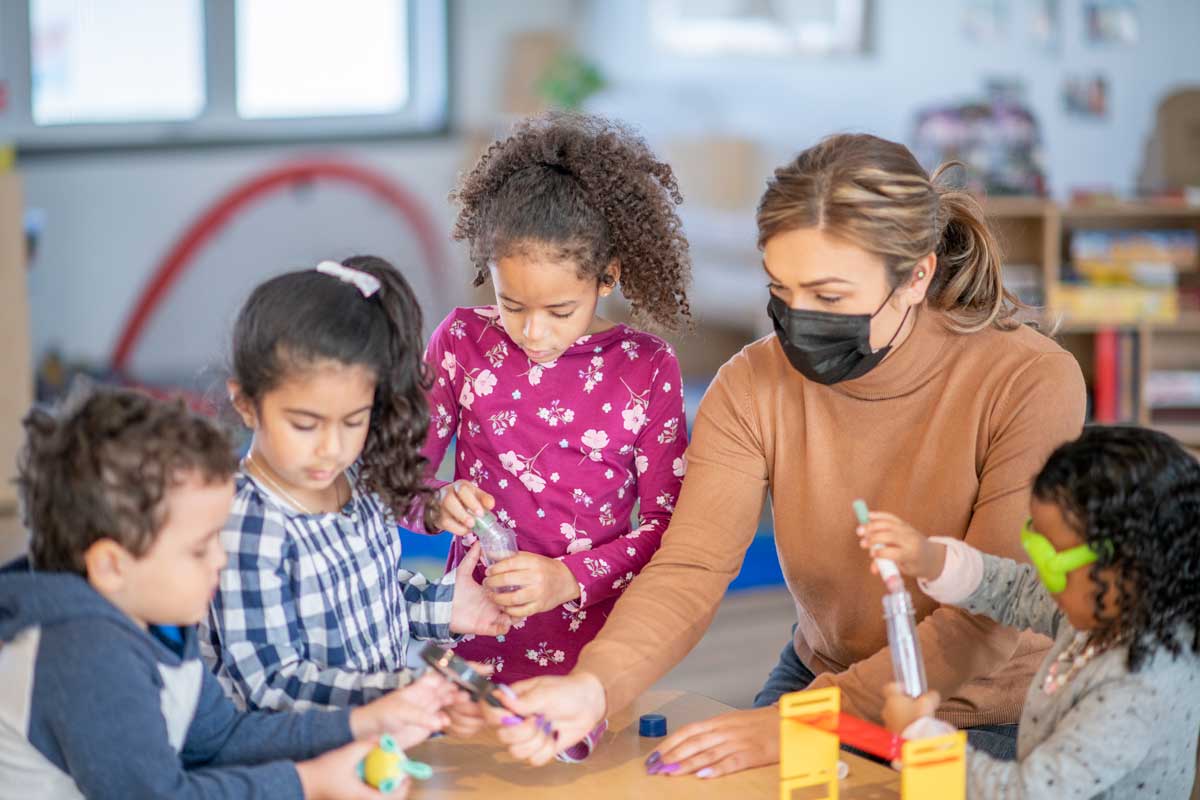
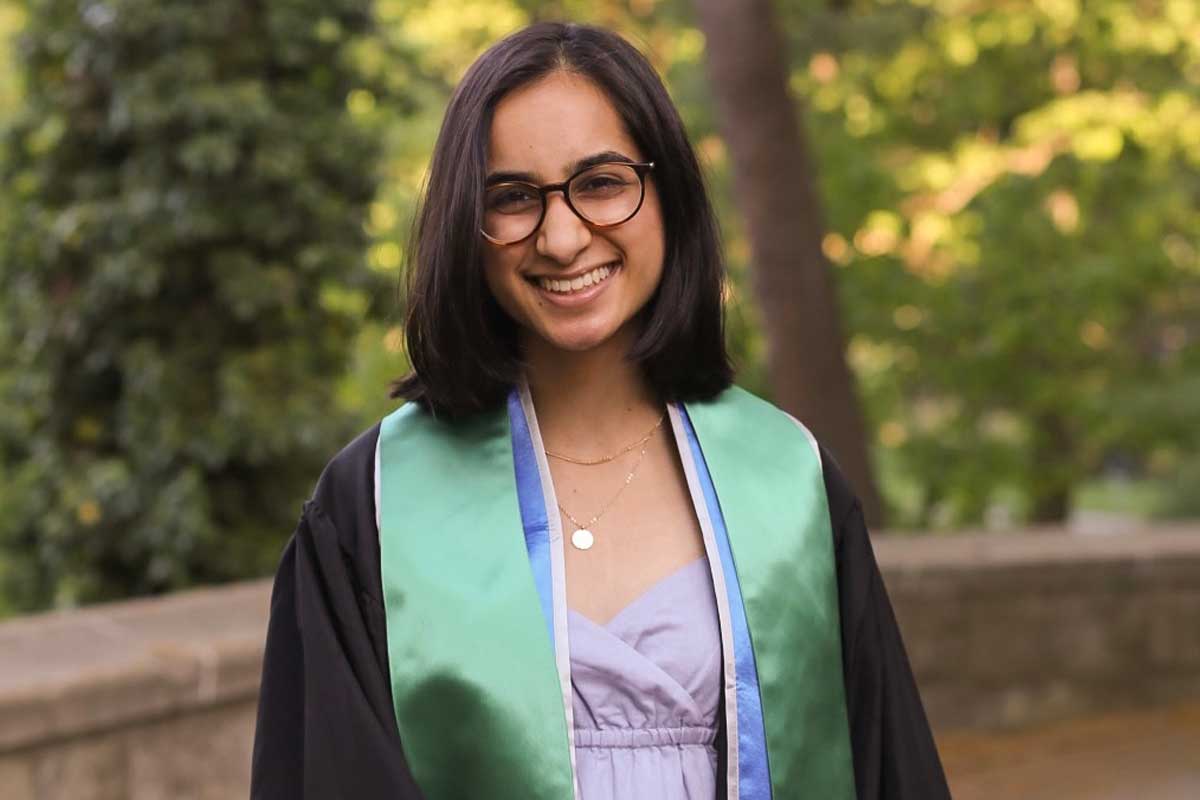
 Critical race theory has become the latest front in the culture wars. Depending on what you’ve read or what you’ve heard from politicians, you may be under the impression that critical race theory means talking about racism in any context, or that it means white people are inherently racist.
Critical race theory has become the latest front in the culture wars. Depending on what you’ve read or what you’ve heard from politicians, you may be under the impression that critical race theory means talking about racism in any context, or that it means white people are inherently racist. Senior Research Scientist
Senior Research Scientist  May is Mental Health Awareness Month. This year, it comes at a time when we have an increased focus on mental health due to the COVID-19 pandemic. Media reports have focused on the
May is Mental Health Awareness Month. This year, it comes at a time when we have an increased focus on mental health due to the COVID-19 pandemic. Media reports have focused on the 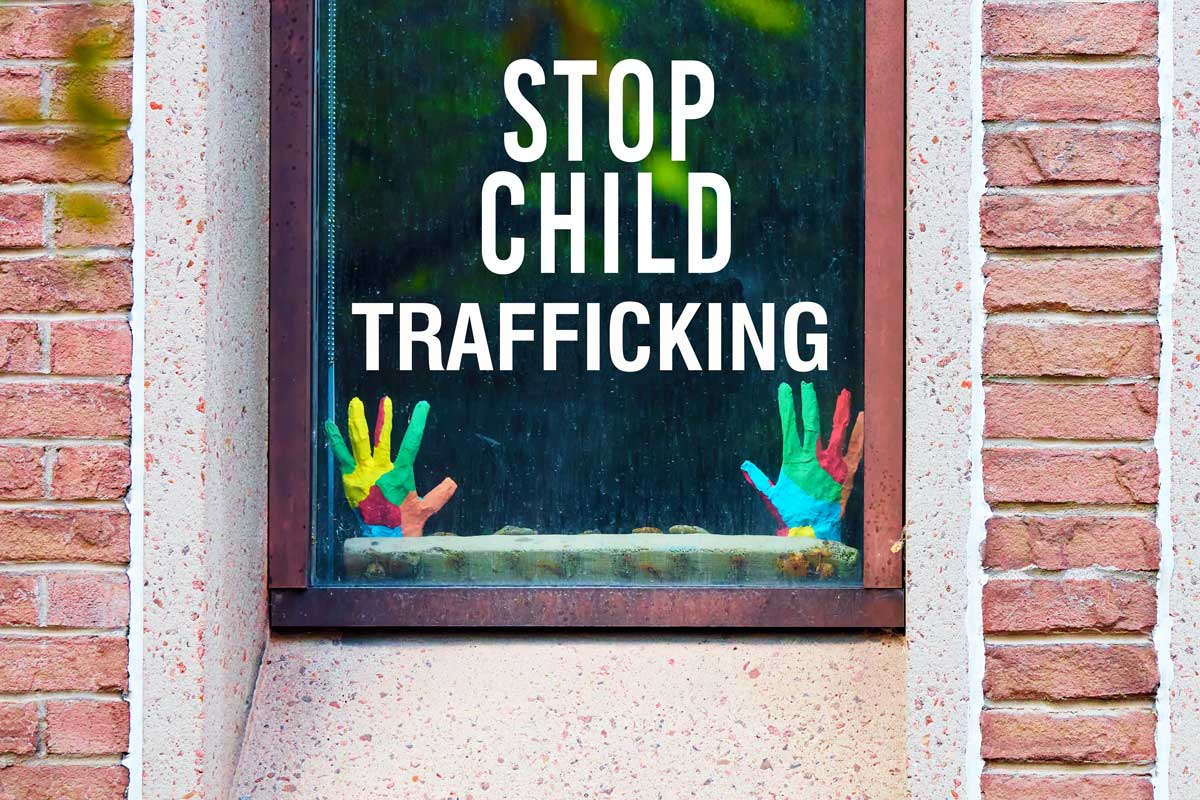 April is Sexual Assault Awareness Month and Child Abuse Prevention Month. Over the years, our work at WCW has addressed a wide range of critical issues related to these topics. One of the lesser publicly understood issues is the pressing problem of commercial sexual exploitation of children (CSEC) and teens, also known as sex trafficking.
April is Sexual Assault Awareness Month and Child Abuse Prevention Month. Over the years, our work at WCW has addressed a wide range of critical issues related to these topics. One of the lesser publicly understood issues is the pressing problem of commercial sexual exploitation of children (CSEC) and teens, also known as sex trafficking. On March 11, 2021, the House of Representatives passed a bill seeking to “create a special education scheme to support deserving students attending public tertiary institutions across Liberia. The Bill is titled “An Act to Create a Special Education Fund to Support and Sustain the Tuition Free Scheme for the University of Liberia, All Public Universities and Colleges’ Program and the Free WASSCE fess for Ninth and Twelfth Graders in Liberia, or the Weah Education Fund (WEF) for short. The bill when enacted into law, will make all public colleges and universities “tuition-free”. The passage of this bill by the Lower House has been met by mixed reactions across the country: young, old, educated, not educated, stakeholders, parents, teachers among others, have all voiced their opinions about this bill. While some are celebrating this purported huge milestone in the education sector, others are still skeptical that this bill may only increase access but not address the structural challenges within the sector. I join forces with the latter, and in this article, I discuss the quality and access concept in our education sector and why quality is important than access. I recommend urgent action to improve quality for learners in K-12.
On March 11, 2021, the House of Representatives passed a bill seeking to “create a special education scheme to support deserving students attending public tertiary institutions across Liberia. The Bill is titled “An Act to Create a Special Education Fund to Support and Sustain the Tuition Free Scheme for the University of Liberia, All Public Universities and Colleges’ Program and the Free WASSCE fess for Ninth and Twelfth Graders in Liberia, or the Weah Education Fund (WEF) for short. The bill when enacted into law, will make all public colleges and universities “tuition-free”. The passage of this bill by the Lower House has been met by mixed reactions across the country: young, old, educated, not educated, stakeholders, parents, teachers among others, have all voiced their opinions about this bill. While some are celebrating this purported huge milestone in the education sector, others are still skeptical that this bill may only increase access but not address the structural challenges within the sector. I join forces with the latter, and in this article, I discuss the quality and access concept in our education sector and why quality is important than access. I recommend urgent action to improve quality for learners in K-12.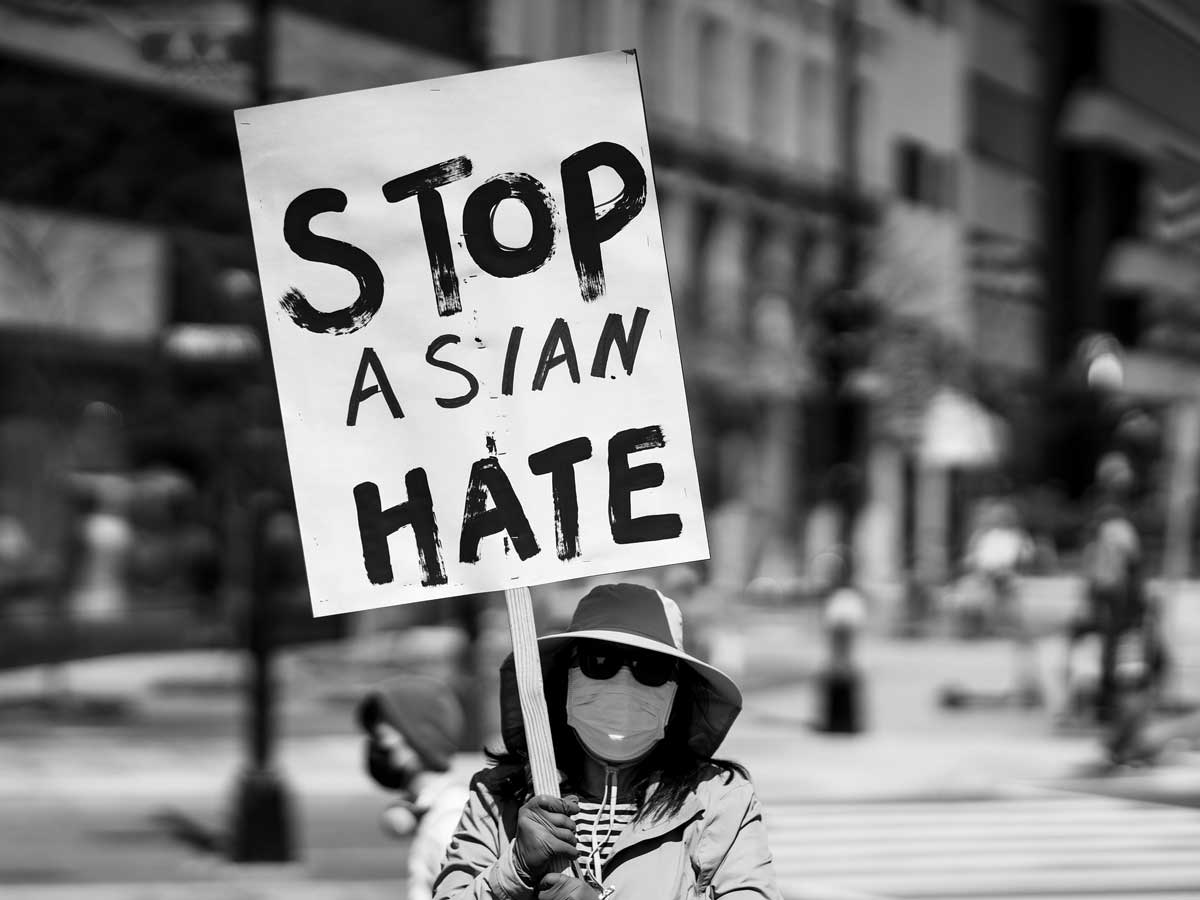
 As a new mother, you hold your baby in your arms, wishing for the best of the best for her. You may also be facing difficult career questions upon her arrival: When should you start working again? Should you be a stay-at-home-mom? Should you get a new job with a more flexible schedule? Will you be able to get promoted when you’re back at work? If you have a daughter, will she face the same choices in the future?
As a new mother, you hold your baby in your arms, wishing for the best of the best for her. You may also be facing difficult career questions upon her arrival: When should you start working again? Should you be a stay-at-home-mom? Should you get a new job with a more flexible schedule? Will you be able to get promoted when you’re back at work? If you have a daughter, will she face the same choices in the future?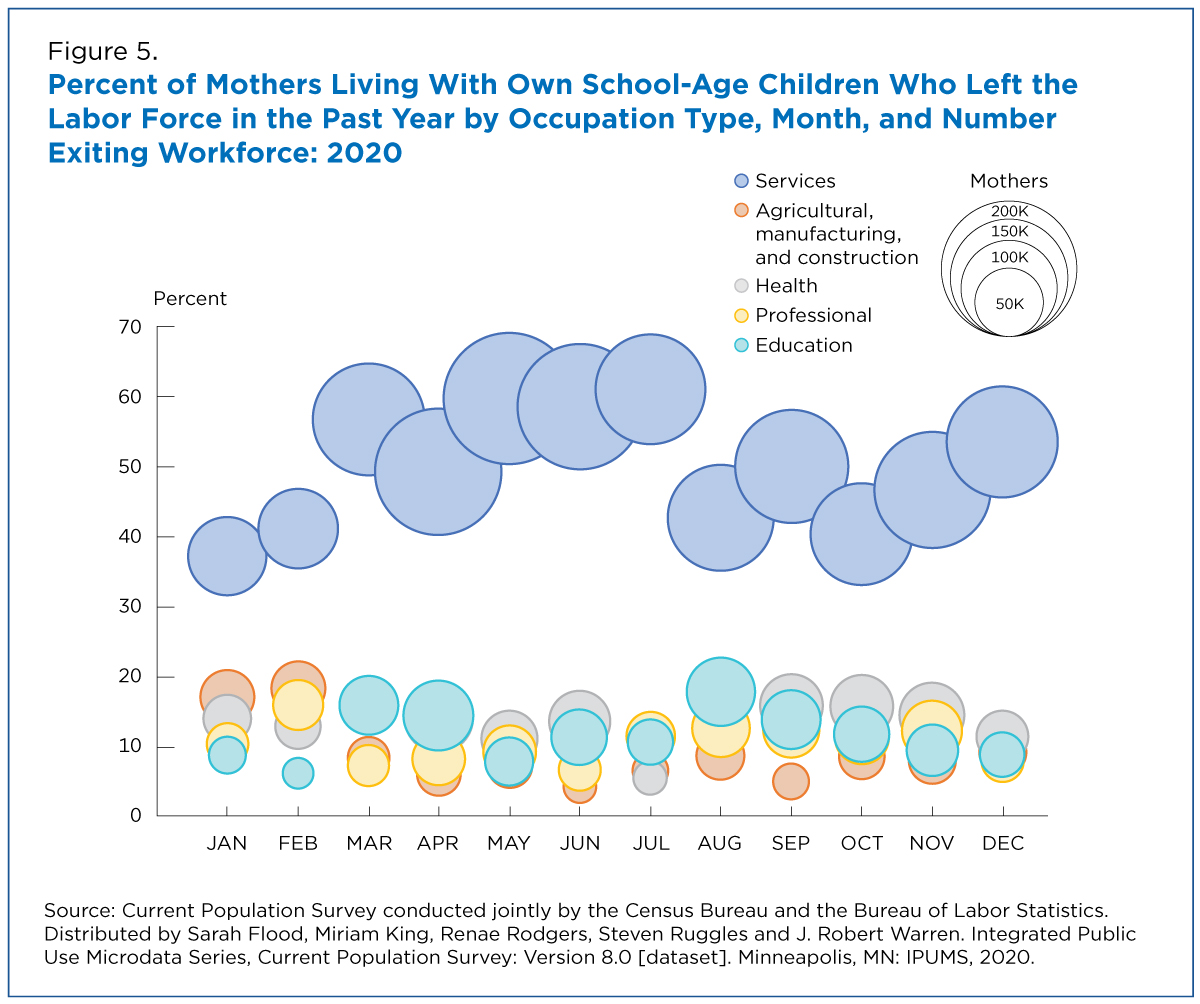
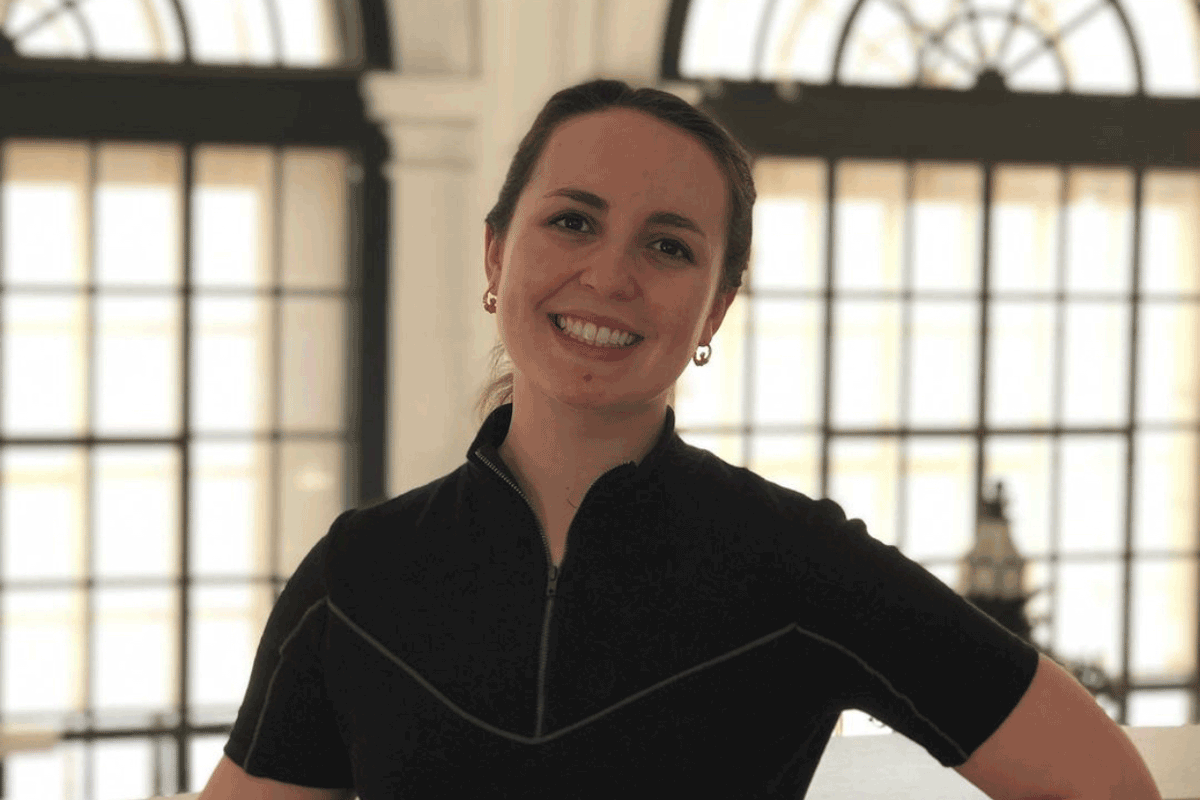 Sex education in the American public school system varies from state to state and from school district to school district. The lack of standardized sex education makes family education and conversations about sex and relationships all the more important for teenagers and their development. It is often assumed that parents are the default—that they are the only family members responsible for initiating these conversations. In my research conducted with WCW Senior Research Scientist
Sex education in the American public school system varies from state to state and from school district to school district. The lack of standardized sex education makes family education and conversations about sex and relationships all the more important for teenagers and their development. It is often assumed that parents are the default—that they are the only family members responsible for initiating these conversations. In my research conducted with WCW Senior Research Scientist 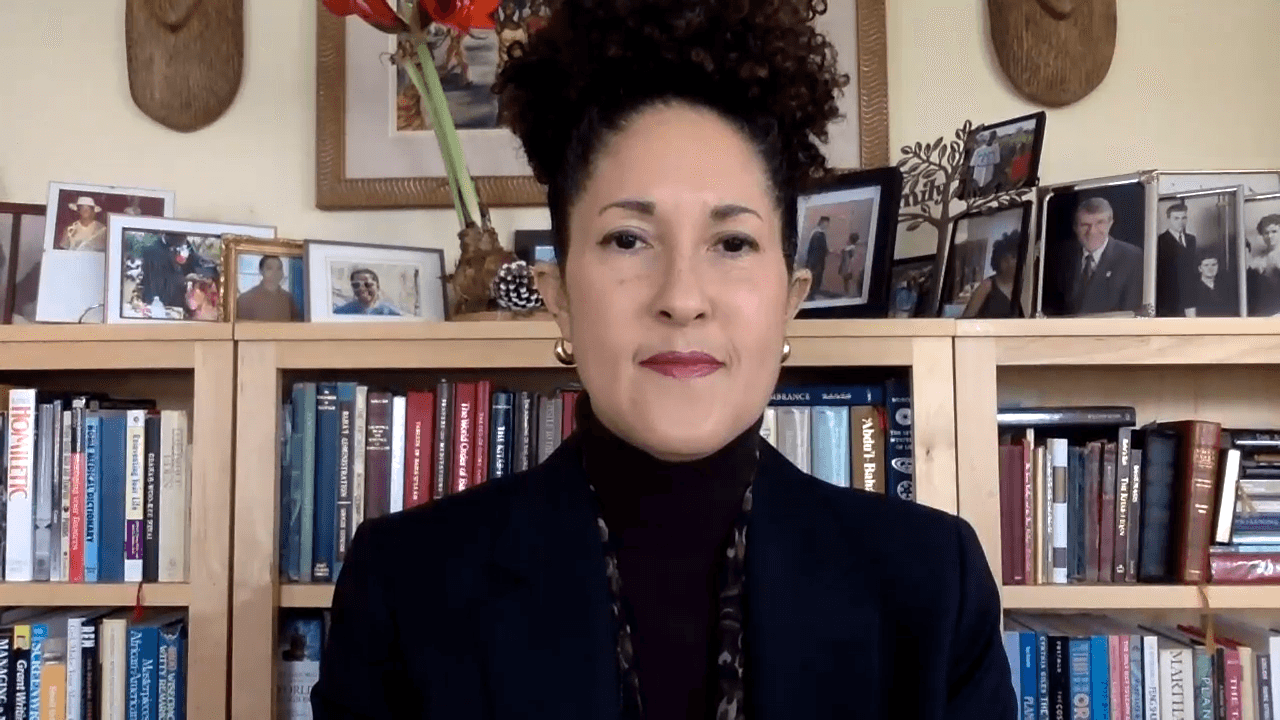
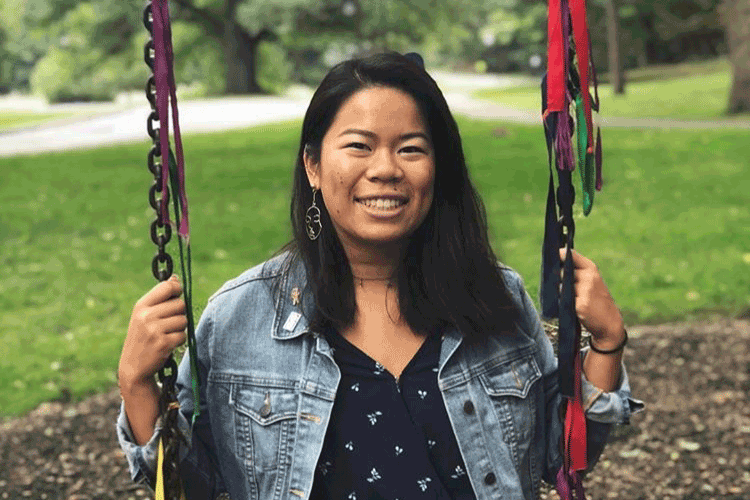 I spent the past semester working with Professor
I spent the past semester working with Professor 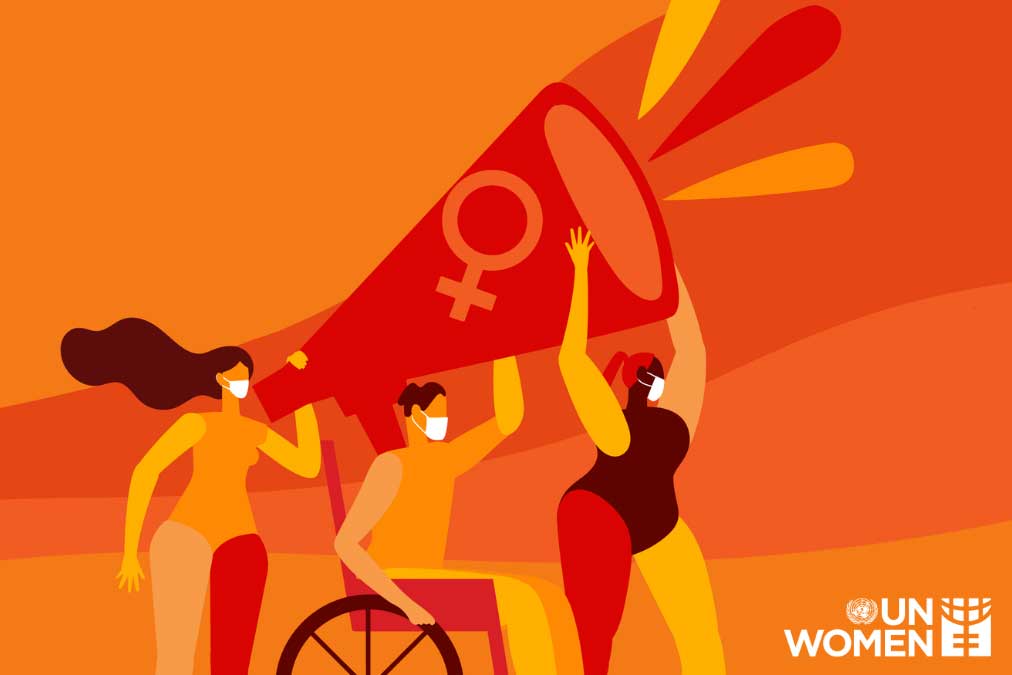 Today, the
Today, the  We at the Wellesley Centers for Women are starting our week with a sense of hope and possibility. We are proud to have a new
We at the Wellesley Centers for Women are starting our week with a sense of hope and possibility. We are proud to have a new  The pandemic has altered family life in unexpected ways.
The pandemic has altered family life in unexpected ways. 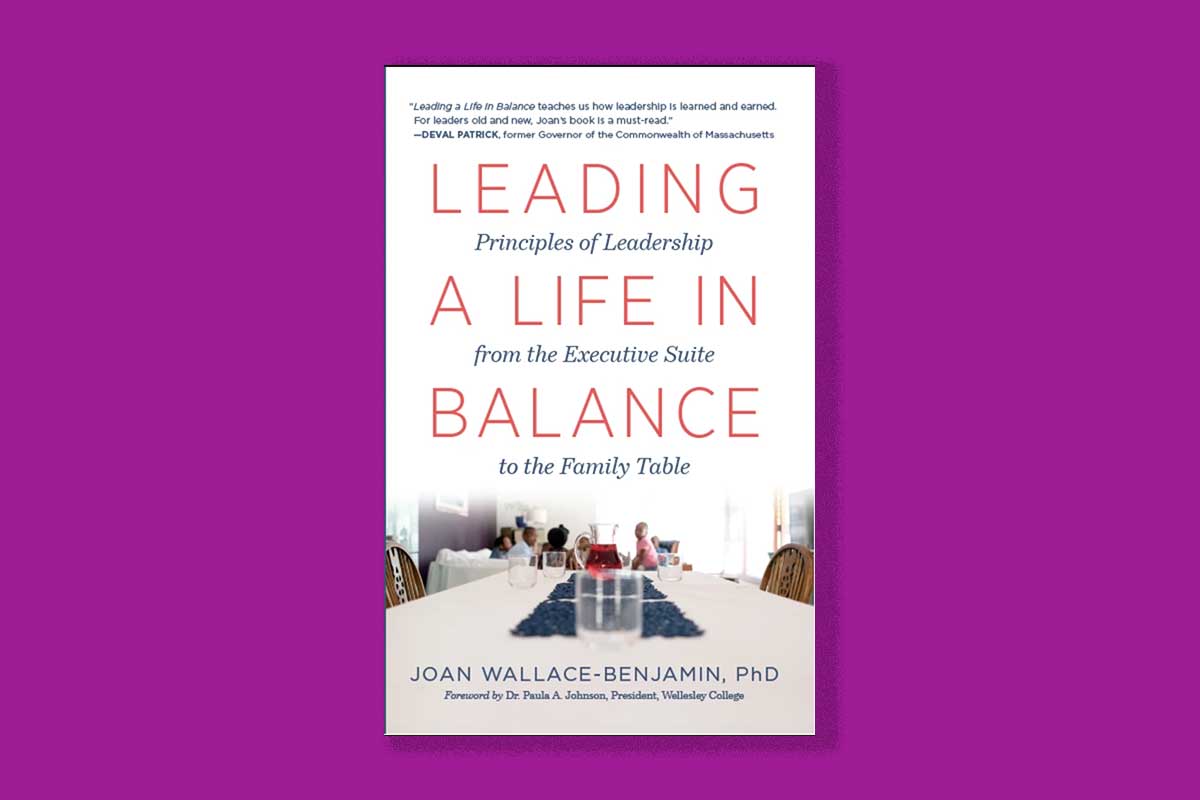 In my recently released book,
In my recently released book, 